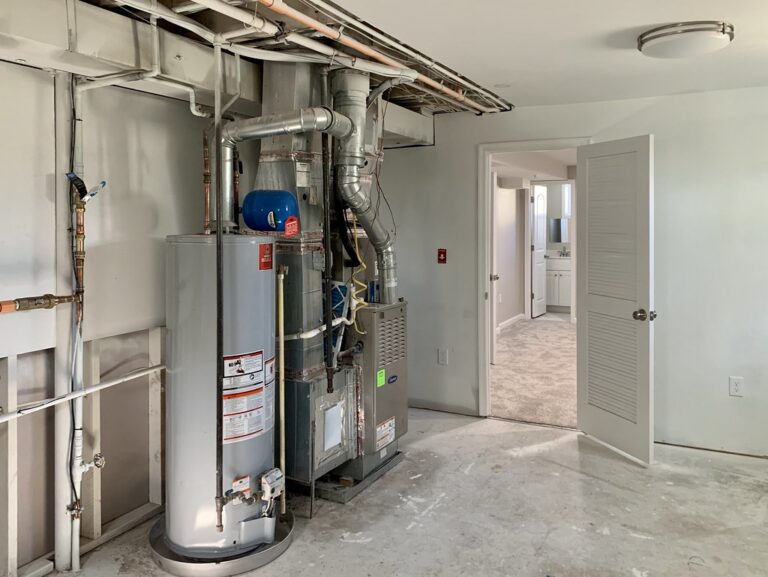Humidity levels plays a crucial role in our daily lives. It affects our comfort level, home environment, and even our health. When you hear about humidity, you might only associate it with hot weather. However, humidity is also essential in cold weather to ensure the air is not too dry. Therefore, knowing the right humidity for maximum comfort in your home is essential. It can be a bit challenging because the ideal humidity differs based on the weather and your location, but don’t worry, Steve Patrick Air is here to help!
Understanding Humidity Levels
Humidity is measured using a hygrometer. It measures the amount of water vapor in the air that is expressed in percentage. Ideally, indoor humidity should be between 30% to 60%. If the humidity is over 60%, it can lead to mold growth and scause health issues such as allergies and fever. If it’s below 30%, it can cause dry skin, nosebleeds, and respiratory infections.
Dry vs. Wet Weather
Suppose you reside in a dry area like Arizona or Nevada; then, it’s ideal to have a higher humidity. In contrast, if your area is wet or humid, then a lower humidity is preferred. In the winter, it’s normal to have indoor humidity lower than the recommended range. However, it shouldn’t be below 25%.
Ideal Humidity Levels for Winter vs. Summer
In the winter, it’s ideal to keep humidity levels at 30-45% because the air is drier. A higher humidity level can make the air feel stuffy, and a lower humidity can cause dry skin and respiratory issues. The ideal humidity in the summer, especially in humid regions, is 50-60% as higher humidity levels make us feel cooler.
How to Control Humidity Indoors
Several ways you can control humidity levels include installing a dehumidifier, humidifier, or air conditioner. You can also use a hygrometer to monitor humidity and adjust accordingly. Furthermore, opening windows to let in fresh air and proper ventilation can also help to control humidity levels.
Benefits of Proper Humidity
Maintaining proper humidity levels has a myriad of benefits. It ensures maximum comfort and helps prevent health issues caused by high or low humidity levels. Furthermore, it protects your home from structural damage caused by mold growth, which can be expensive to repair.
In conclusion, maintaining ideal humidity levels in your home is crucial for maximum comfort. It ensures that you are neither too hot nor too cold and helps prevent health issues caused by high or low humidity. Remember to monitor your indoor humidity regularly and adjust accordingly. If you are unsure about the right humidity for your location, consult your local HVAC expert. At Steve Patrick Air, we are always happy to assist you in ensuring maximum comfort in your home.
Follow us on Facebook!
Learn about financing here!






